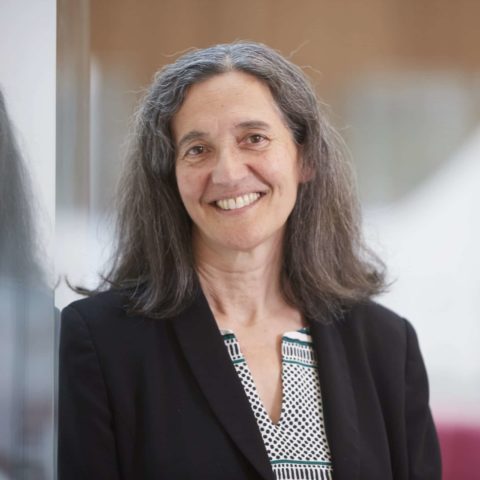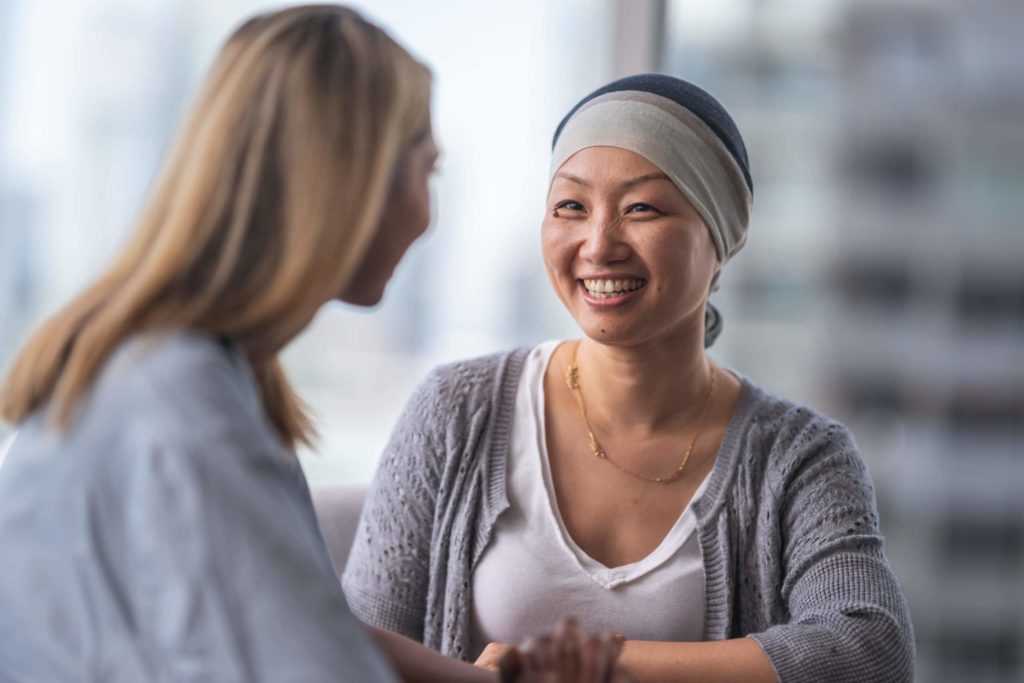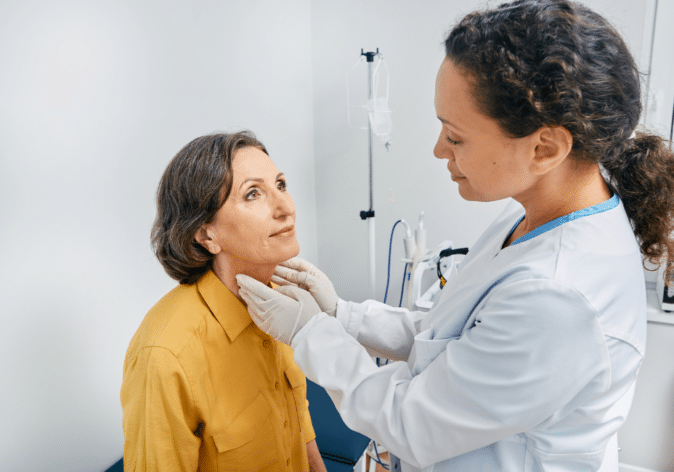Breast Cancer In Young Women
Being diagnosed with breast cancer as a young women comes with its own set of unique challenges.
The disease can have different characteristics in young women and have poorer survival outcomes when compared to older women.
Medical Oncologist and Chair of the Breast Cancer Trials Scientific Advisory Committee, Associate Professor Prue Francis said although it is more uncommon, breast cancer still occurs in younger women.
“About a quarter of women with breast cancer might be pre-menopausal or under the age of 50” she said.
“In breast cancer literature, very young women are often considered under the age of 35 and that’s less common.”
Around 800 young women will be diagnosed with breast cancer each year in Australia.
How Outcomes Can Differ In Young Women
Associate Professor Francis said although it is a smaller percentage, a diagnosis at a young age can have different implications than if you receive a diagnosis at a later stage in life.
“That’s the time of life when they might be building their career, building their family, building relationships and to be affected by breast cancer at that time is clearly devastating and plus we know that’s a group in which the cure rate has not been as high as in older women with breast cancer.”
She said the biology of the tumour could be to blame for these poorer outcomes.
“So, younger women are known on average to have more aggressive tumors biologically. These can be, in some instances, fast growing.”
Being Breast Aware
Younger women are typically diagnosed with more aggressive breast cancers and are at a higher risk of the disease spreading to other parts of the body.
Therefore, being aware of the normal look and feel of your breasts is just as important for young women as it is for older women according to Associate Professor Francis.
“Sometimes there is the perception that somebody might be too young to have breast cancer.”
“So, a women who’s in her early 20s might go to her GP with a breast lump and everybody might think ‘well she’s in her early 20s and she can’t have breast cancer’, and certainly that would be uncommon to have breast cancer at that age, but it can occur even in that age group” she said.
Listen to the podcast
Medical Oncologist Professor Prue Francis discusses breast cancer in young women on the Breast Cancer Trials podcast.
Treatments For Young Women
As younger women are often diagnosed with more aggressive breast cancers, the treatments can be more intense and aggressive. There are also a number of medical and pyscho-social challenges that some young women are faced with being diagnosed at an early stage of their life said Associate Professor Francis.
“Fertility is a big one because nowadays, particularly in western countries, as childbearing is often occurring later than it did in earlier decades. So, someone may be diagnosed with breast cancer in their thirties before they’ve commenced their child bearing. So, there’s all those issues about how to best protect their future fertility so that when the time is right, they can have the option for childbearing.”
She said surgery options also cause a lot of anxiety for young women.
“Sometimes when women are diagnosed with breast cancer at a young age, they’re so afraid of recurrence, that they feel like they just want to have all their breast tissue removed which is obviously a very big procedure for somebody at a young age.”
The cause of a young women’s breast cancer may also be investigated further.
“Genetic aspects come into it, because if somebody is diagnosed with breast cancer at a young age then it would be standard to consider whether there’s a genetic aspect” she said.
Research Into Treatments For Young Women With Breast Cancer
Breast Cancer Trials is committed to finding new and better treatments for young women with breast cancer.
Past Breast Cancer Trials clinical trials, the SOFT and TEXT clinical trials, helped to improve the treatment and survival for pre-menopausal women with oestrogen receptor positive or hormone receptor positive early breast cancer.
Previously, the hormone treatment given to these women post-surgery, and if required, after chemotherapy, was five years of tamoxifen.
Previous studies have shown that this treatment was not as effective for young women under 35, as compared to older pre-menopausal women.
“In trying to think about why that was we were thinking about oestrogen, which comes from the ovaries in pre-menopausal women” said Associate Professor Francis.
“When pre-menopausal, you have oestrogen produced from your ovaries every month and we noticed from previous trials when women were pre-menopausal and given adjuvant chemotherapy that the very young women were less likely to have their periods stop after they got chemotherapy compared to the older pre-menopausal women.”
“So, the closer you are to the natural age of menopause the more likely you are to go into menopause with chemotherapy, that might be temporary, or it might be permanent” she said.
“So if you’re 48, when you get chemotherapy your periods will probably stop, whereas if your 28 your periods are very unlikely to stop and so we wondered if the adverse outcomes in the younger women were the fact they were not getting this effect of their periods stopping and that their ovaries were continuing to produce oestrogen every month and perhaps that oestrogen could be effecting the growth of any remaining cancer cells.”
Associate Professor Francis said the most recent follow-up of the study has show there is an improvement in survival for women by suppressing the ovarian oestrogen for five years to tamoxifen.
“We feel that this treatment is going to be most beneficial in very young women or women with more high-risk features to their cancer. For example, several lymph nodes involved, more aggressive tumors.”
Support Us
Help us to change lives through breast cancer clinical trials research




